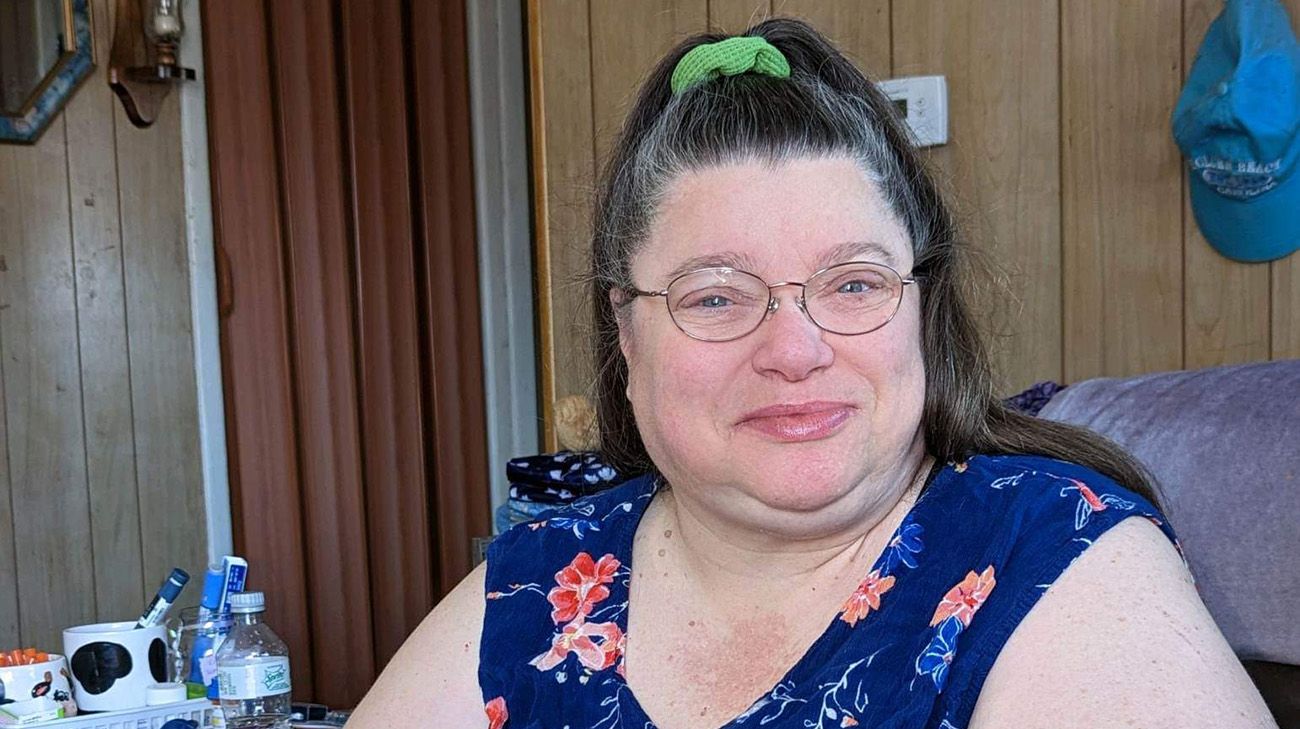
Managing diabetes is challenging for many people, including Rhonda Rose of Seville, Ohio. After some health scares in recent years, Rhonda entered the Diabetes Management Program at Cleveland Clinic’s Wooster Family Health Center (FHC) at the recommendation of her primary care doctor. It has changed her life.
For years, Rhonda says her prescription diabetes medications were not working for her and she struggled to keep her weight down. In 2016, she contracted a serious bacterial infection and was treated for a boil that was difficult to heal. Soon after, she broke a bone in her foot that led to multiple surgeries and her eventual retirement from nursing while still in her fifties.
Now, she says, thanks to the program, she has a “really good team working together” to help her. As needed, the program connects patients with caregivers, including endocrinologists, pharmacists, social workers, dietitians, diabetes educators and nurses.
To start the program, Cathy Vermilya, RN, and Erin Schlechty, LSW, met with Rhonda for a full assessment of her vital signs, diet, medications and overall lifestyle. “Every patient has unique needs, and we are here to help them find the diabetic tools and products that will help them most,” Cathy explains.
“Really what Rhonda needed was help getting on a new track,” says Erin. “We knew she could benefit from meeting with a dietitian, so we scheduled an appointment for her.” They also set her up to meet with a diabetes educator and a pharmacist. The educator provided an overall understanding of what diabetes does to the body and the impact of diet. The pharmacist was able to review Rhonda’s medications more closely and, over time, find the one that works best for her.
“Working with a pharmacist is so helpful because they go over medication side effects, how they work, dosages, and even what time of day to take medications,” says Cathy.
“You have to want to do it, but it really works if you follow what they tell you to do,”
After the initial evaluation and appointments, patients in the program have their A1C blood sugar levels checked regularly, and Erin and Cathy follow up via phone to see how they are progressing. The goal is for patients to get to an A1C reading below 6.5.
The good news is that in the year since Rhonda started the program, her A1C reading has gone from 12 to 6.9.
With mobility issues, Rhonda’s diabetes management team also helped her find creative ways to exercise. Now, she has an elliptical machine that allows her to pedal while she is sitting down and a ramp in her driveway where she can walk. She is also doing her own housework to stay active. And she says, she has become “meticulous” about eating mostly vegetables and salad. With the help of the diabetes management team, she has embraced a healthier lifestyle. “You have to want to do it, but it really works if you follow what they tell you to do,” says Rhonda.
Since the Wooster FHC Diabetes Management Program launched in November 2020, Rhonda has been one of 114 patients with diabetes to get help. And Cathy and Erin say moving forward, there are plans to add group diabetes education classes. They note: “This will provide our patients with additional support as they work to manage their diabetes.”
Related Institutes: Endocrinology & Metabolism Institute

